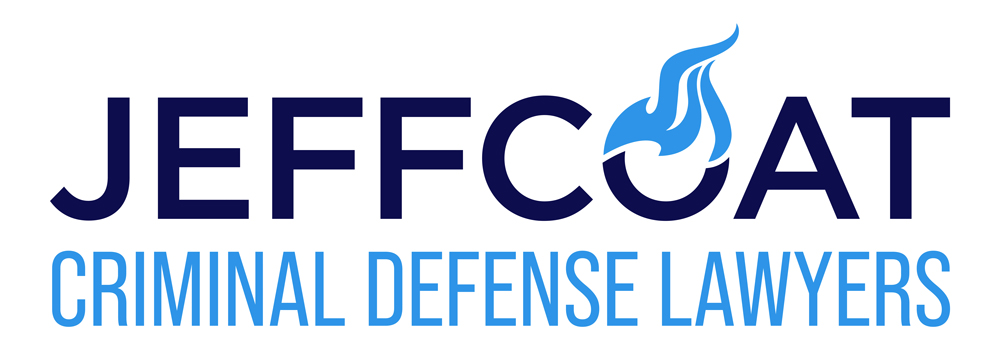July 8, 2024 | Criminal Defense

It can be stressful and frightening to be arrested in South Carolina. However, if you are falsely accused, you may worry that you will be convicted of a crime you did not commit. This can be difficult – but try not to panic. Instead, remember these five things if you face false accusations in court.
You Have the Presumption of Innocence
The law presumes that you are innocent until the state proves your guilt. To obtain a conviction, the prosecutor must prove all legal elements of the crime beyond a reasonable doubt. Therefore, if you are wrongfully accused, don’t panic.
However, do not rely on the presumption of innocence as your defense against false accusations in court. While you shouldn’t panic, you should take all criminal charges seriously. A criminal defense lawyer can help you present a solid defense against false allegations.
You Have the Right to Remain Silent
You may feel compelled to explain your side of the story when you are arrested, especially if you’re innocent. However, you need to fight the urge to talk to the police to explain your innocence. Instead, exercise your right to remain silent.
The allegations against you may be false. However, the statements you make to the police or a prosecutor could be used against you. Your comments could be twisted and intentionally misconstrued to imply guilt.
If you misspeak or remember something incorrectly, the prosecutor will use this against you if you try to change your story later. Furthermore, police officers can lie to you to get you to give them information.
Never talk to the police or a prosecutor without a lawyer present, even if you are innocent. Instead, tell officers you are invoking your right to remain silent and you want to speak with a criminal defense attorney.
You Have the Right to Challenge Evidence Against You
The evidence the prosecutor presents in court is rebuttable. That means you have the right to challenge the evidence against you. You can confront the witnesses who testify against you in court by cross-examining them.
When you are accused of a crime, your lawyer works to impeach witnesses, meaning they try to poke holes in their testimony. They may also present evidence and ask questions that call their credibility into question.
Some ways your attorney may create doubt in an accuser’s testimony include:
- Showing that the witness has a reason to lie about what happened
- Exposing inconsistencies in the person’s story
- Establishing that a witness is biased, which may lead them to lie under oath or slant their testimony
- Proving a witness could not have possibly heard or seen what they claim
The prosecution presents their case first. Therefore, you have the chance to refute the evidence the state presents and submit evidence of your own.
The Burden of Proof is Beyond a Reasonable Doubt
Beyond a reasonable doubt is the highest degree of proof required in any court. If the prosecution cannot prove beyond a reasonable doubt that you committed the crime, the jury must acquit you.
As with a presumption of innocence, you should not rely on the jurors to have reasonable doubt or act correctly upon their doubt. You must present an aggressive defense, even if you are innocent of the criminal charges.
You Should Work With Your Lawyer to Gather Evidence
As soon as possible, begin gathering evidence to build your defense against false accusations in court.
Some steps that your attorney may take to gather evidence include:
- Interview witnesses, including issuing subpoenas for depositions of reluctant witnesses
- Gather physical evidence
- Search for evidence that attacks the credibility of the alleged victim
- Challenge evidence the state intends to produce in court
- Raise defenses based on violations of your civil rights (e.g., lack of probable cause, illegal search and seizure, etc.)
- Subpoena records and information
You can help your attorney by gathering evidence you might have in your possession. For example, print emails, text messages, and other communication between you and the accuser. Make copies of documents that pertain to the allegations. The sooner you begin working with an attorney, the better for your case.
Have you been accused of a crime you did not commit in South Carolina? Call our Columbia criminal defense lawyers for a free consultation.
Contact the Columbia Criminal Defense Attorneys at Jeffcoat Criminal Defense Lawyers Today For Help
For more information, please contact the Columbia criminal defense attorneys at Jeffcoat Criminal Defense Lawyers, for a consultation. We serve all areas in Columbia, Dentsville, Blythewood, Irmo, Cayce, Oak Grove, Lexington, Red Bank, Camden, Lugoff, and throughout South Carolina.
Visit our convenient location:
Jeffcoat Criminal Defense Lawyers – Columbia Office
1333 Main St Suite 512, Columbia, SC 29201
(803) 200-2000

